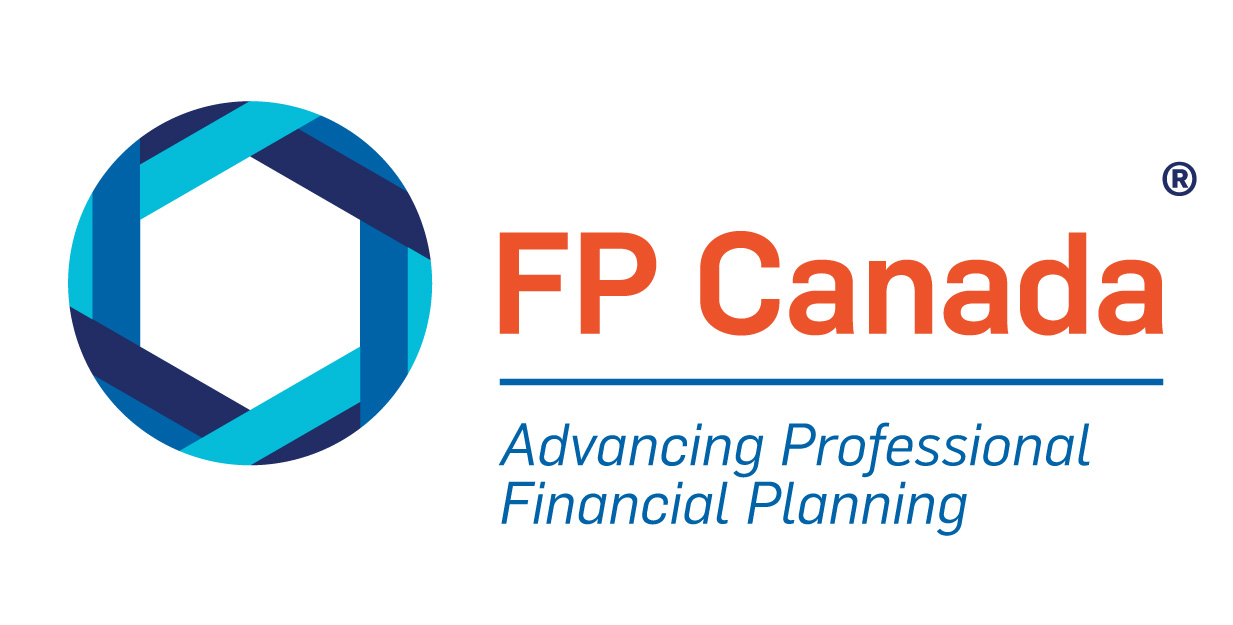Becoming a caregiver has its challenges, but it can be extremely rewarding. Get the help you need to navigate this next chapter in your life.
Are you considering becoming a caregiver for a loved one? It's an important role that can be both challenging and rewarding. Whether caring for a life partner, family member, friend, or neighbour, you'll likely encounter some challenges.
Before you begin your journey, it’s essential to gather information to plan for what’s ahead. First, remember that you're not alone. Professionals are there to help.
What to Know Before Becoming a Caregiver
To help you plan for the responsibilities that come with being a caregiver, Al Nagy, a CFP® professional and senior financial consultant with Investors Group Financial Services in Edmonton, shares some tips. Nagy suggested the following to help you understand the full scope of what's required:
- Consult with a health care professional to determine how much assistance is needed and whether any home renovations or medical equipment will be necessary.
- Talk to legal and financial professionals to understand the implications for you and your loved one.
- Study the rules, regulations and financial supports available for your loved one who requires care, as well as for you (the caregiver), to make informed decisions.
- Speak with the patient to ensure they're on board with any recommendations under consideration.
- Locate medical and bank records, insurance documents, and other relevant information if your level of involvement warrants this.
“It’s something we all need to be ready for''
The Impact of Caregiving on Your Personal Life
It’s important to consider how caregiving will affect your own life, notes Nagy.
“Caregiving can take up your time, impact your lifestyle, and even affect you financially, if you’re using your own resources to cover costs,” he says. “Developing a plan for both you and the person for whom you’re caring is best done at the outset, as the need may become critical as time goes on."
5 Tips to Manage Finances and Care
If you’re managing your loved one’s finances as well as their care, there are specific considerations to keep in mind. Nagy shares the following five tips.
Identify cash flows
Analyze the patient’s current financial situation to ensure there are enough funds or income coming in. Factor in recurring expenses like residential services, home cleaning, snow clearing, utilities, rent fees, and taxes.
Evaluate financial resources
Determine whether the patient has enough resources to sustain long-term care or the cost of a care facility. Often seniors will sell a home and live off the proceeds. A CFP professional or QAFP® professional can help determine how long existing assets will last.
Determine personal impact
If there are insufficient funds for the level of care required, you may need to provide additional funds yourself. This could have a significant impact on your lifestyle and retirement plans. A CFP professional or QAFP professional who understands your unique position can review your financial situation and help you create a solid financial plan.
Simplify the path to the future
Ensure that powers of attorney and a will are in place for a simplified path forward.
Keep the lines of communication open
Personal finance is a sensitive subject that may hold great significance for your loved one. It’s often one of their last remaining areas of autonomy and independence. Be mindful of their feelings, and remember that it’s their money.
To find a CFP professional or QAFP professional who can help you financially navigate your role as a caregiver, use our Find Your Planner tool.

 Find Your Financial Planner
Find Your Financial Planner

